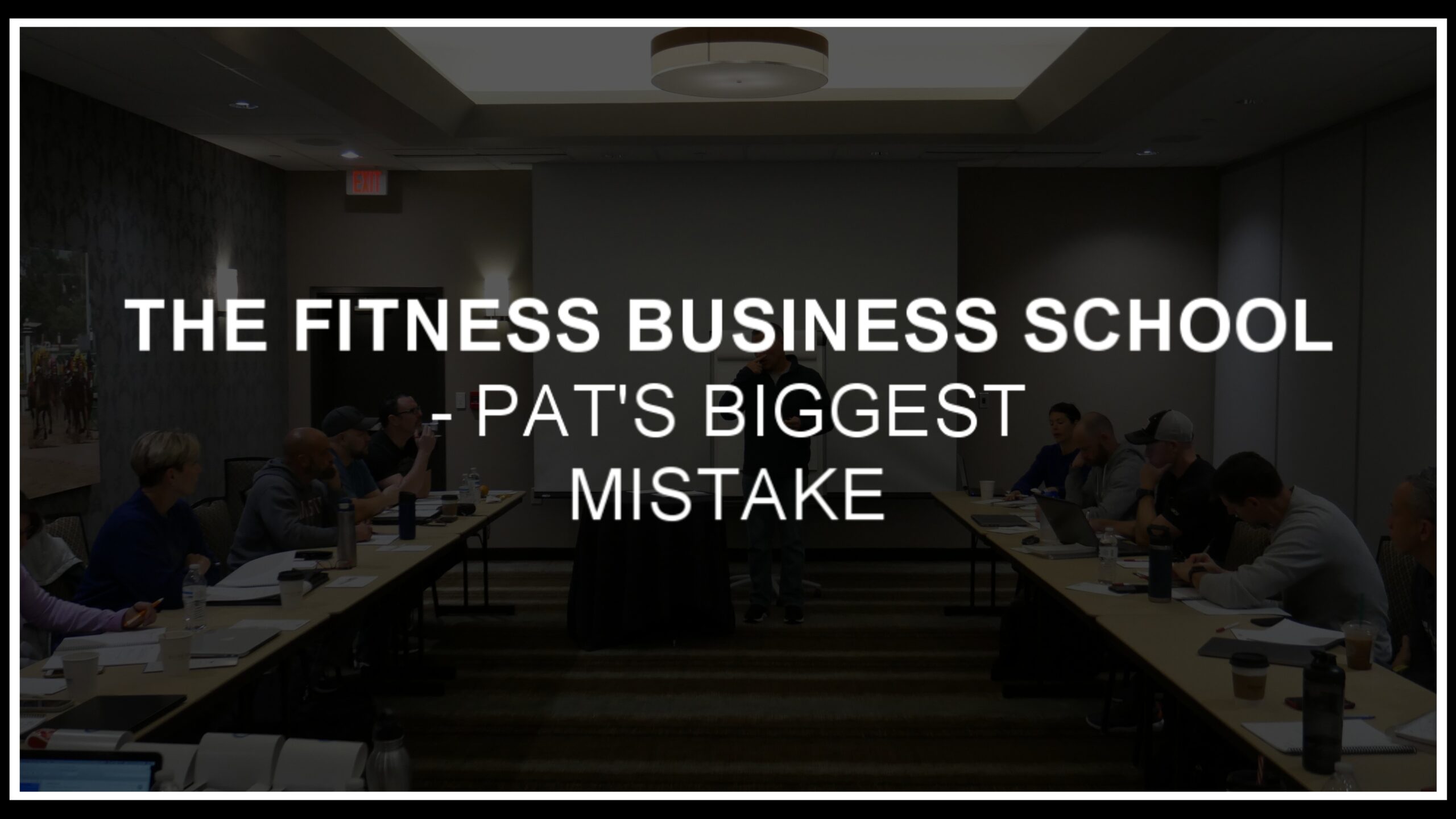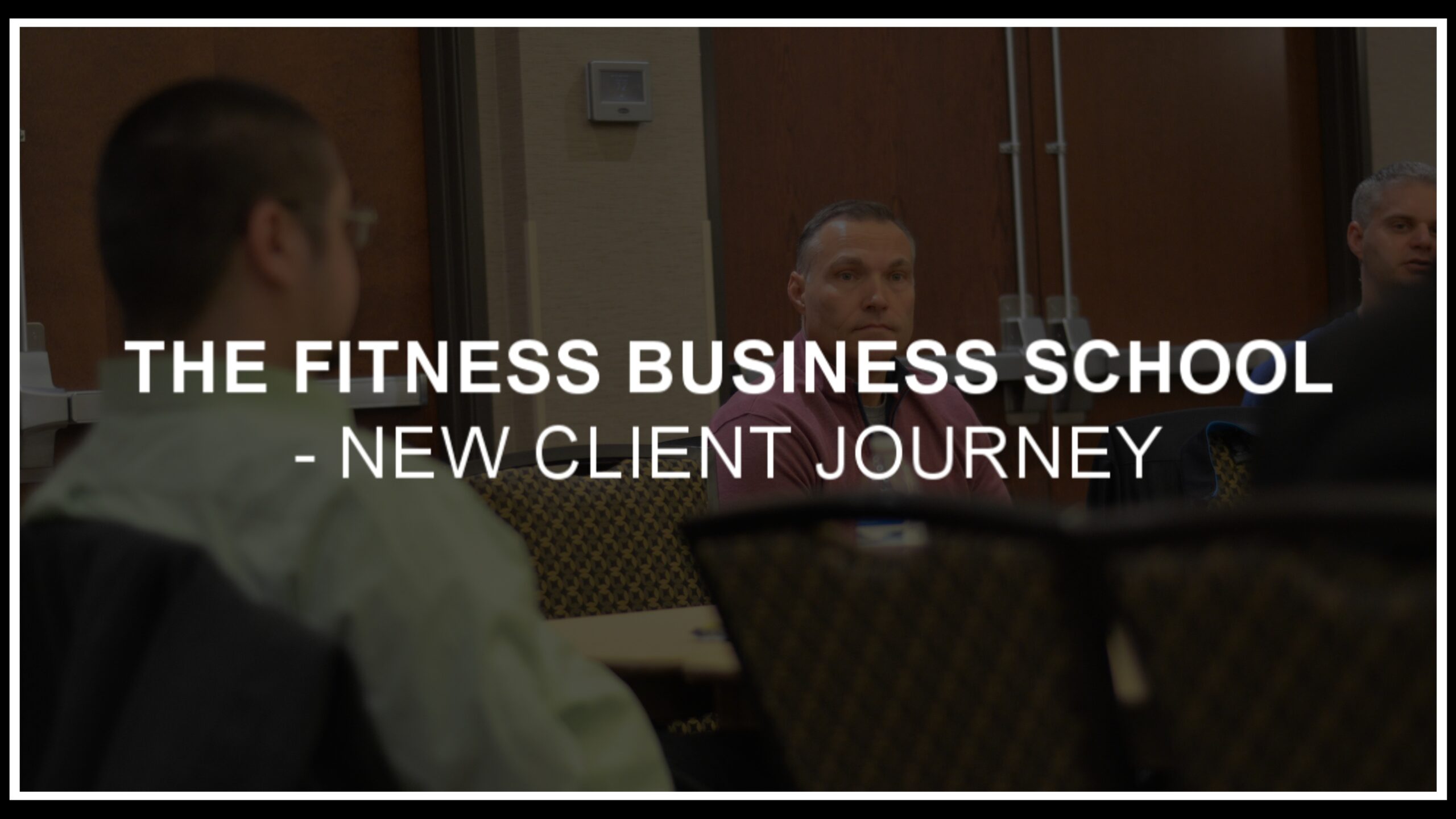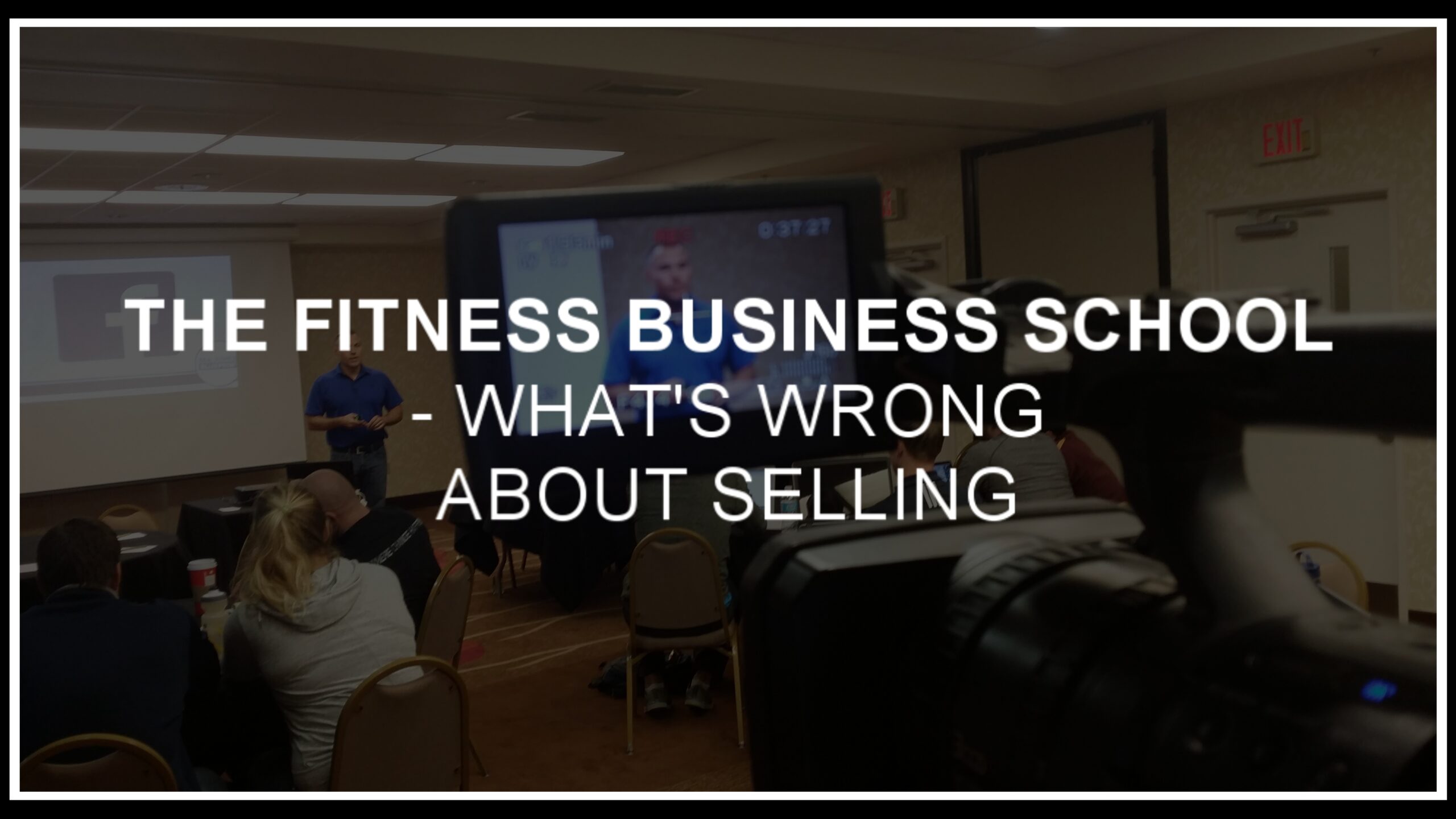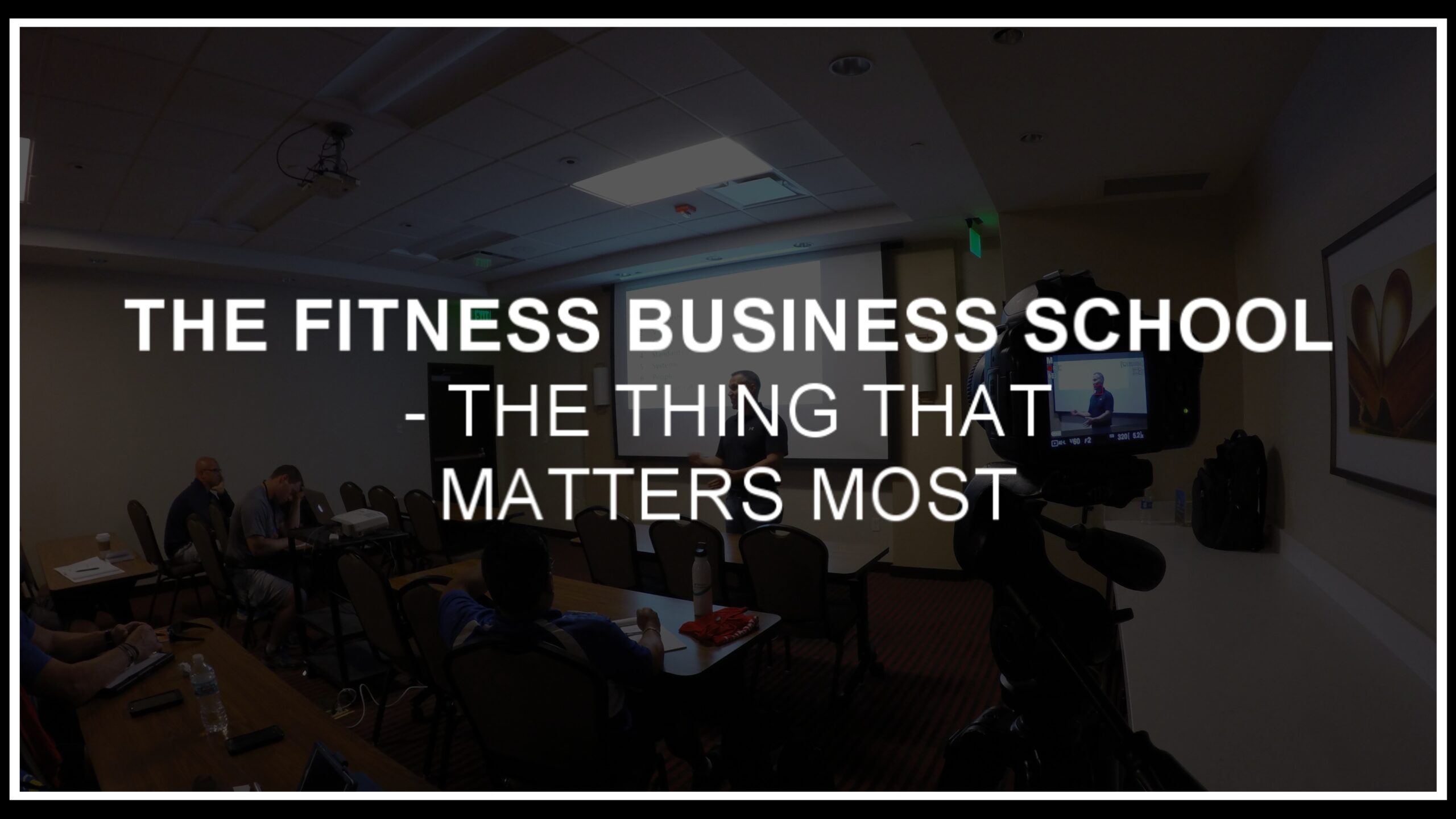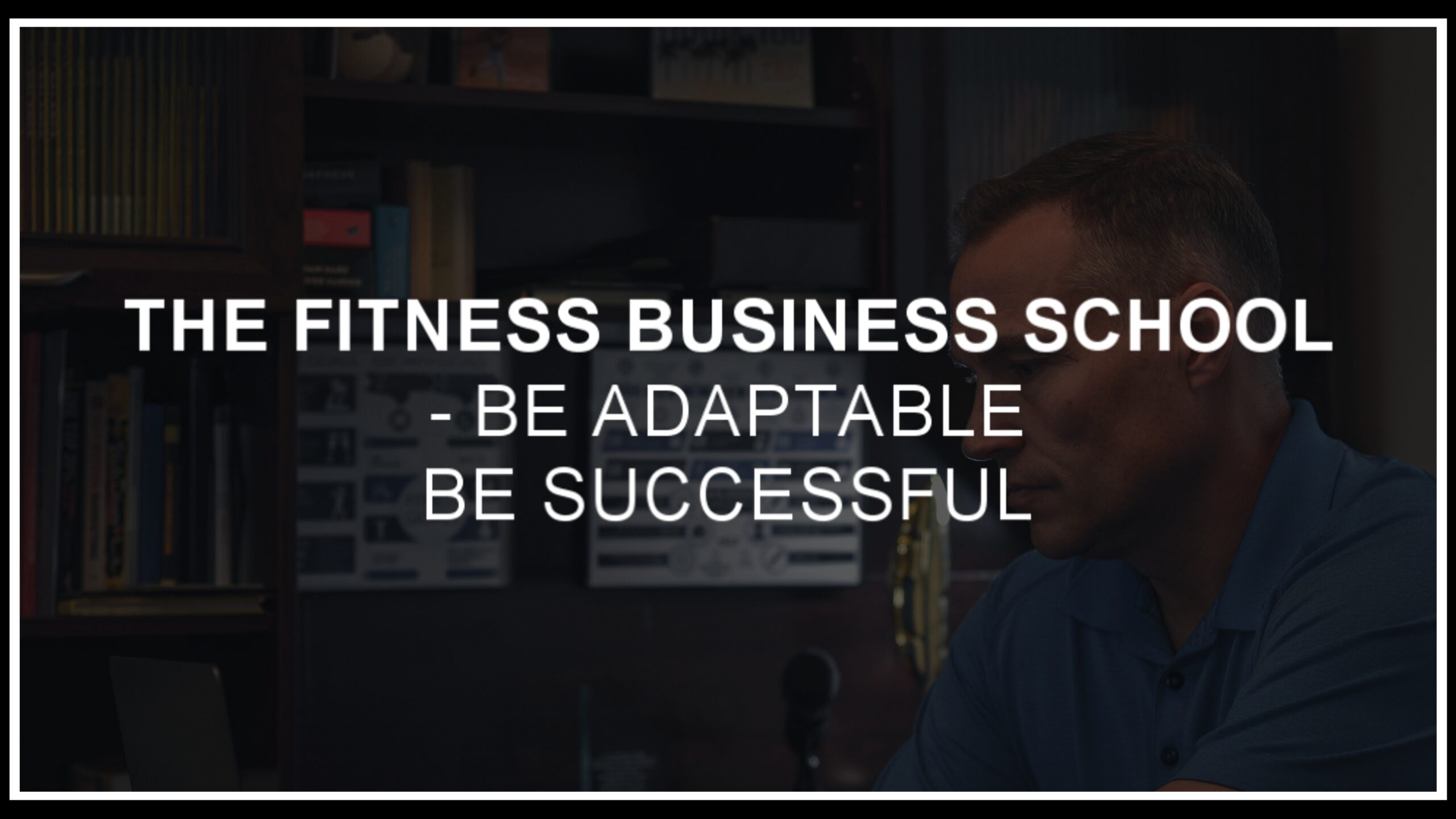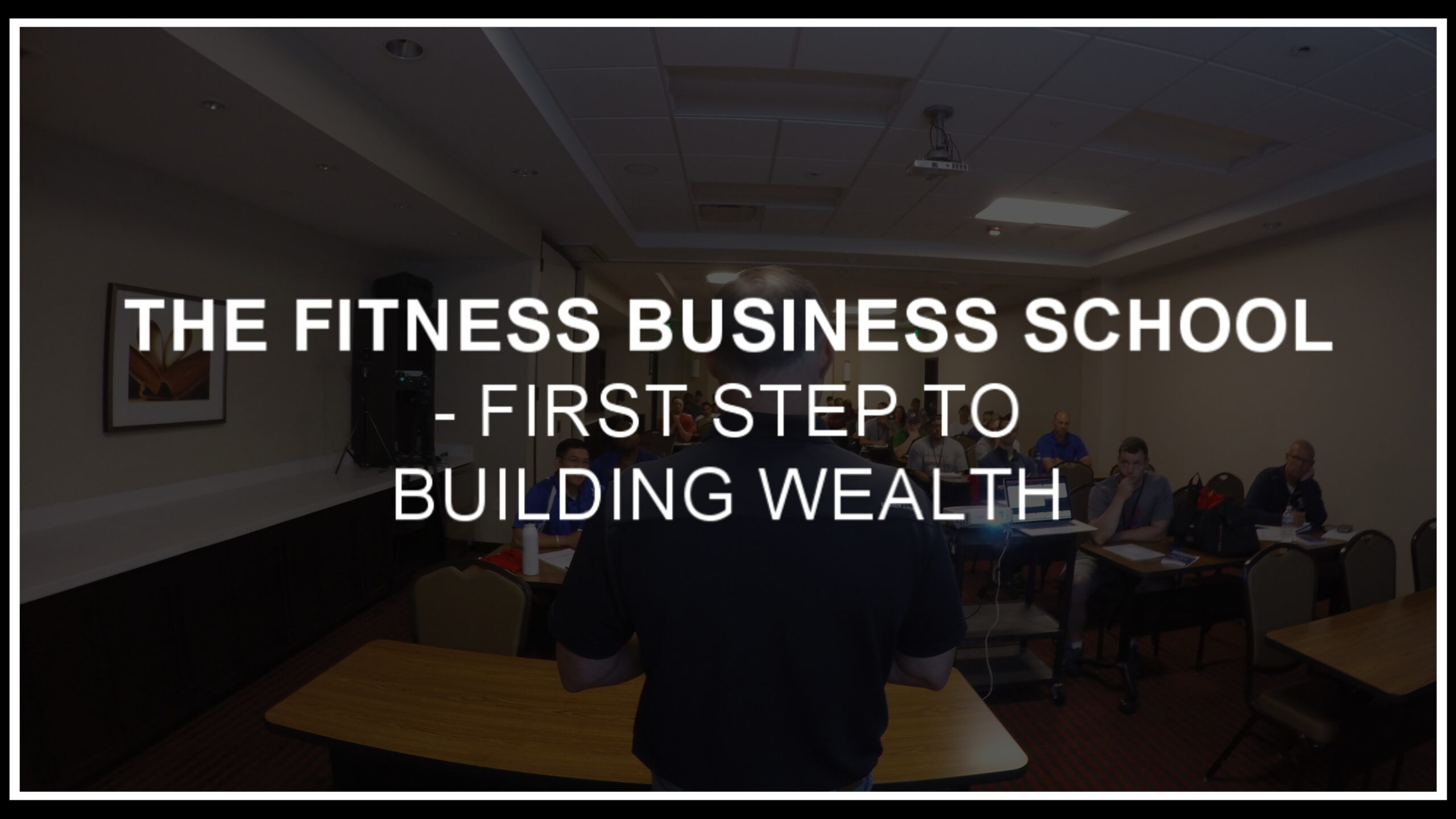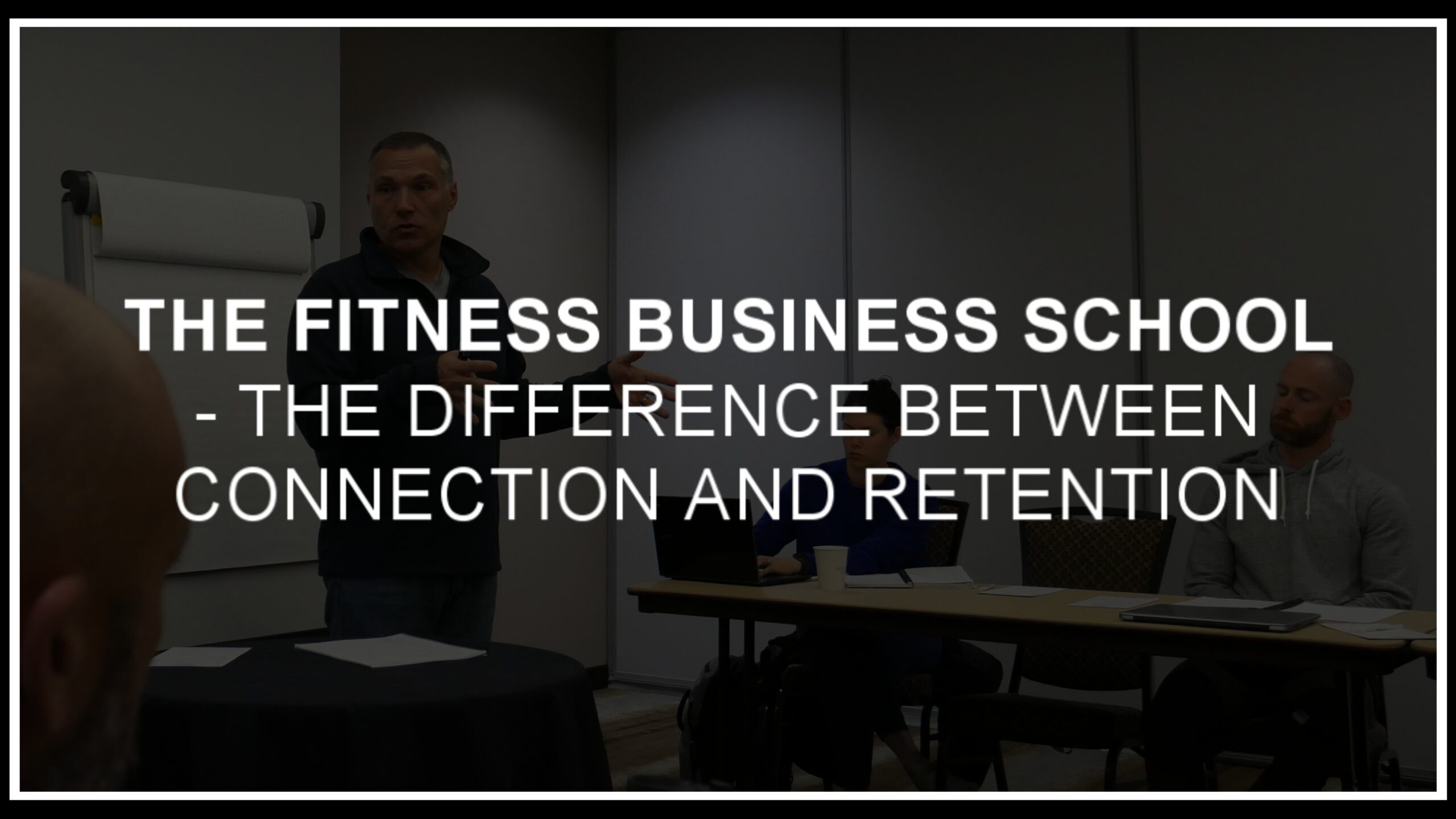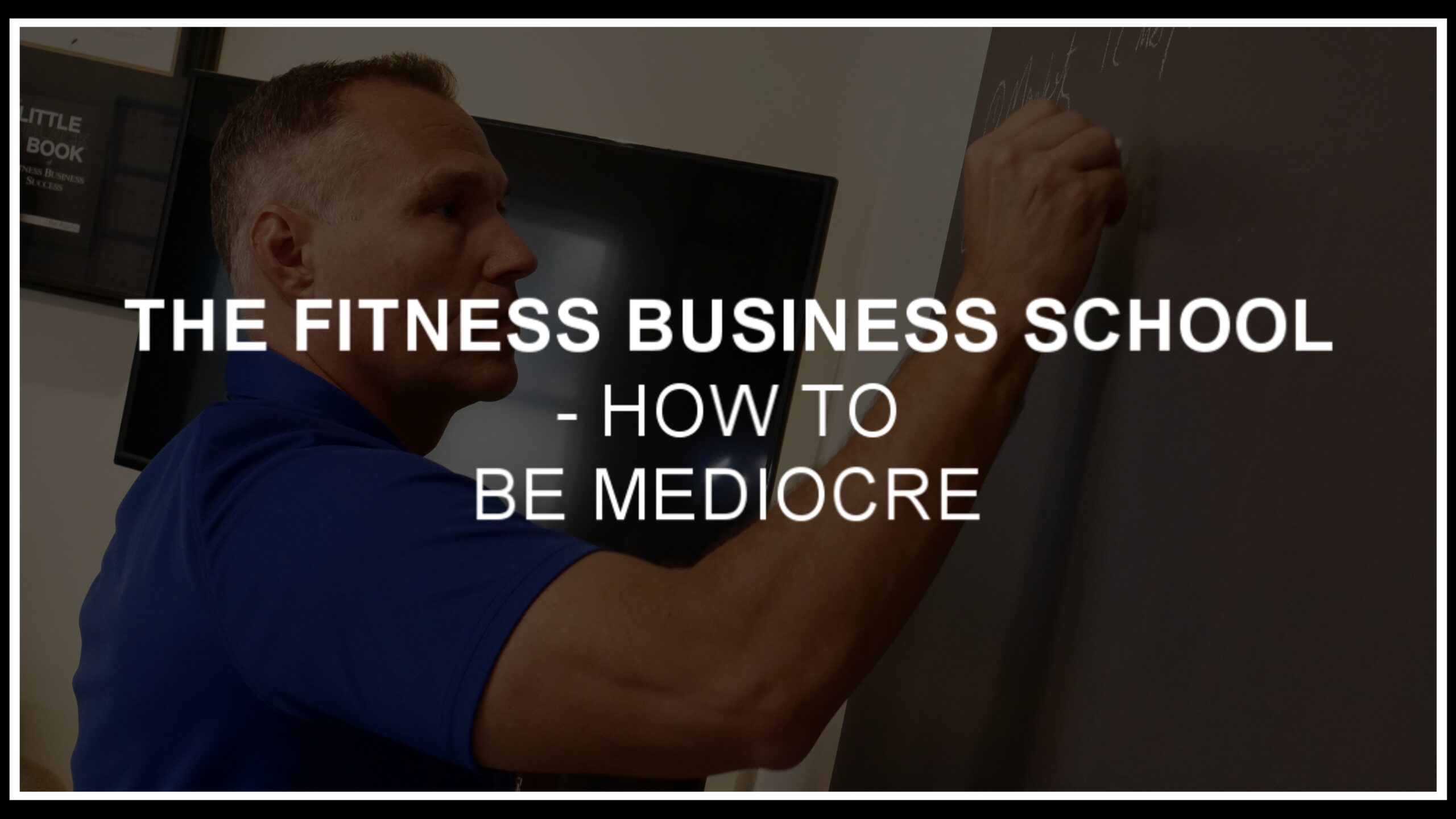Show Notes
- Planning is a must!
- Always schedule the things that will move your business forward
- An unstructured day is half-speed at best
- When you’re in the trenches, you are not at your creative best
- Schedule “non-work” first – personal before professional if possible
- Things not scheduled get 2nd-class attention
- Reverse engineer your calendar
- You may not feel it daily, but your year will show it
- Not enough hours to do it all – get help from others
P.S. – 6-Weeks of Coaching…Free.
Get a surge of new clients and revenue over the next 6 Weeks with ZERO FEE and no obligation to continue?
If you’re a current business owner who wants to add 50K or more in annual revenue over the next 12 month, you can Test Drive our coaching program for 6 Weeks with no fee or even an obligation to continue as a way to demonstrate how we can help you grow your business.
No strings attached. No obligation. You get our best coaching & tools…and hopefully, you’ll love it enough that you want to keep working together.
Would you be interested in discussing?
If so, email me here with ‘interested’ in subject line and we’ll set up a chat.
Full Transcript
Hey, Pat Rigsby here and in today’s episode, I wanna help you optimize your schedule for success. Let’s get to it.
Welcome to the fitness business school podcast. The show for fitness business owners who want to grow their income, increase their end impact and improve their lifestyle. Be sure to listen to the end of this episode, because we have a brand new special offer exclusive for listeners. So stay tuned.
In our coaching programs, we talk a lot about planning. We do an annual planning event each year in early December. We have a weekly live zoom coaching session on planning. I do things about what I call win the week, where I give people kind of tactical direction on what they need to do each week to
grow their business. I’ve been advocating using a kind of a paper planner type approach for as long as I’ve been coaching people in the fitness industry and beyond. I started using that kind of approach in the mid nineties, and it literally kind of transformed my life. It allowed me to kind of get all my thoughts out of my head and not being insomniac and, actually get some sleep. It allowed me to focus on things that were priorities. But a lot of times when we
talk about planning it, it’s pretty granular, right? It’s like, Hey, figure out your top three priorities for the day. Make sure that you schedule those, schedule the things that are gonna move your business forward and, and all those things, right? Like it’s you know, it’s stuff that we’ve done other episodes
about, I’ve written newsletters about, and if you’ve ever been involved in any of our coaching programs I mean, you understand that in my mind that if you are not structuring your day and kind of choreographing things in some way, you are essentially running at half speed at best.
But, you know, I wanted to maybe talk about things in a little bit more of a kind of my philosophy about optimizing your day or your week or, or your year for suc success. I wanted to talk about the way that maybe I think about it or give you some prompts that that might help you think about it a little bit differently. I’m gonna talk through a few of these and I, you know, I don’t expect anybody to just adopt everything that I do verbatim, but maybe it’ll give you some ideas
that, that help move you forward. So the first thing that I would say is recovery drives results. And I know for me, most of my creative thinking, most of the ideas that I have that have helped me move forward in, in business have come either during or immediately after recovery periods when I’m in the
middle of kind of a full week of coaching sessions of content creation, of, you know, connecting with people about enrolling in programs.
When I’m in the middle of that, I am, you know, I’m not particularly creative at all. And I think that, you know, that’s probably, at least from my observation, that’s probably pretty common. I think that if you want to come up with new ideas, I think if you want to perform at your peak, you need to have recovery built in, whether that’s, you know, disconnecting from things each day for a brief period of time, you know, and just let your mind go. I mean, people talk about have having good ideas in the shower, right? Like, I mean, that’s essentially kind of a micro version of this. Like, you’re not involved in other things and you, you’re letting your, you’re kind of, your thoughts wonder. You’re allowing the creative side to, to, to kind of take hold. But you know, the same thing would hold true with long weekends, with vacations, anytime that you can give yourself some space, you know, you’re going to, you know, have more, more ideas, you’re
gonna have better ideas, you’re gonna see things through a different lens. So if you are not crafting that you are into your schedule, you’re not only kind of missing out on building the business you want, but you’re probably undermining the results that the tangible numerical results
you actually get. Because, you know, I mean, work there, there there’s little evidence to say, well, hey, working 110 hours a week is going to yield better results than, than than working 40 or 50 hours a week. So the second thing that I’d say is, for me, I schedule my non-work week before I schedule my work
week.
Now, I, you know, I say that knowing that there are kind of standing appointments on both sides that are the case most of the time. But, you know, I schedule the things that I need to do personally before I schedule the, the things that I do professionally. Now, I, you know, I don’t necessarily know that everybody has the luxury to do that. And I certainly would say that the things that I have as standing appointments, you know, my zooms that I do with clients most every day, that sort of thing, the, the group coaching stuff you know, it would take, you know, it takes a lot for me to move those. But, in general, you know,
the things that aren’t just kind of standing appointments, I schedule the, the personal stuff first, because all too often, you know, the things that we don’t schedule are the things that, that get kind of second class attention. They’re kind of getting the scraps, so to speak. And so I wanna make sure the personal stuff gets scheduled because I know I’m gonna schedule the business stuff. You know, it’s not that I’m allowing that to get the scraps. It’s that I’m
purposefully making the, the reason I have a business, or at least part of the reason I have a business, you know, to support my personal life. I’m making sure that’s a priority and not an afterthought, and then I kinda work backwards from there, along the same lines, I schedule vacations as early on as I
can because I think that, again, we build around these things rather than, you know, look up and say, oh, I’ve got this empty space that I can go fill with a vacation. No, you, you book the vacation and then you reverse engineer how to execute that, whether it’s making the, the, the income you need to
pay for it or getting the coverage you need to step away and still allow your business to operate
successfully.
Developing the systems to allow people to do the things they need to do without, without you being on site. I think all of that stuff really, from my perspective, is a product of you scheduling these things first and then reverse engineering so that your business still operates the way you want while accomplishing these goals. The next thing is, you know, I talk about the phrase win the day pretty regularly, and I believe I kind of started saying this phrase, way back in the late nineties
as a college baseball coach, right? Us knowing that if we needed to be successful, you know, you couldn’t look ahead and say, think about the post season. You couldn’t look ahead and think about the World Series. You had to go do the job in front of you. You had to win that practice. You had to compete with the opponent. You were going on the field against that day and not look ahead to maybe arrival or something. And, and I think that this kind of moved the chains every day mentality is a wise one because I, I think that most successes, and certainly there are exceptions to this, but most successes, especially I know the ones I’ve experienced, have been the result of small cumulative wins that compounded over time. And so if you’re moving the chains every day, if you’re making sure that you’re generating new leads or connecting with a new person that’s potentially a client, or incrementally improving the business, and it doesn’t have to be all
of those every day, it has to be something every day. But if you’re moving the chains every day, then you know, you look up at the end of the year and any one day you may not feel like you, you made this kind of cataclysmic change in your business, but you may look up at the end of the year and say, wow, look at
how far we’ve come.
And along those same lines, I would say that it’s incumbent upon us to keep improving every day. And that doesn’t mean, again, it doesn’t mean that you gotta go get a new certification every week or complete, you know, read a book every week or whatever else, but business isn’t static. And if you
are not improving as a business owner and evolving as a business owner, if you are, if you are not kind of adding tools to your toolbox, playing your strengths, improving your skills, then eventually it catches up with you. And a given day, it doesn’t probably make any difference at all. But if you aren’t, you know,
getting these new ideas that compound over time, that’s probably the, you know, one of the things that that I think has been maybe arguably my biggest advantage in business as a business coach is, you know, I’ve been doing this for, you know, what, what will soon be 20 years as a business coach.
I’ve been coaching people for 30 years, and I’ve worked with thousands, literally thousands of businesses. I’ve had, you know, hundreds of franchisees. I’ve had more one-on-one coaching calls with business owners than anybody else on earth in the fitness industry. Yeah, sure, there have been people
who’ve spoken to more people if they’re doing a kind of a, a presentation or a workshop where it’s a one-way conversation. But as far as like learning from the people I’m talking to as well and engaging with them, I’ve been able to kind of aggregate more experiences. And then you couple that with the experiences that I’ve had from my own study, masterminds, reading whatever else, and, you know, all these experiences get to compound over time, and I get to see patterns. I get to see what works, what doesn’t work. I get to transplant ideas that may have worked in one market to another, or may have worked in one industry to another.
And so if I’m not kind of keeping my head up and noticing all this stuff, I’m missing the opportunity to improve every day. And I think you can too. The more clients you train, the more experiences you have, if you’re kind of cataloging those so to speak, then they’re moving you forward because now it’s giving you, you know, tools in your toolbox. It’s giving you a vault of knowledge that you can draw from when the next opportunity comes your way, kind of piggybacking the last two, understand that you are the, the, the engine for all of this, your business, if you are, you know, if you’ve got a family, like you’ve got responsibilities to, to show up and, and show up in a meaningful way pretty much every day. So you need to kind of go back to that old cliche and put your oxygen mask on first.
So if you’re not doing what you need to do from a self-care standpoint, whether it’s working out or eating well, or, you know, I know we’ve talked about it and mastermind people that, that see a therapist. I’ve grown to be a big advocate of neurofeedback. If you’re not doing things to take care of
you, well, if you are the, the leader that, that kind of drives the vision and the culture in your business or, you know, that your family depends on, and, and you are showing up in a halfhearted way, then you know, everybody else is gonna fall short of their potential. Kind of running parallel to that, understand that all of this stuff’s a team sport. So, you know, if you are building out your schedule, if you’re building out the way you wanna invest your time, understand that there just aren’t enough hours in the day for you to do everything and be good at everything you need to get help.
And if you are not getting help, you are essentially saying, I’m going to play small. Now, help doesn’t mean you have to have an army of employees. Help could mean I’m going to learn from other people who’ve done it, so I don’t have to go through trial and error. Help could mean you have a bookkeeper and accountant that aren’t employees, but they certainly are allowing you to take some things off your plate and get them done at, at, at a high level. You can hire an agency to do marketing or build websites. You don’t have to be a website designer and a facility cleaner, and a salesperson and a coach, and a program designer and all these things. There are certain things that you need to get help with, kind of along those same lines, and this will be the, the last of my suggestions here is find
ways to automate or create leverage so that you, you know, the tasks that can be systemized and repeated they are now, I think there are a lot of people in our industry and every other industry that kind of automate the soul out of businesses. And I think it’s a mistake. I think that the, the human element has to be really, really present if you expect people to come share a human experience with you three days a week. But there are certainly plenty of things that we can automate and streamline to make our time more valuable. Because if we can, I mean, if you can go get, you know, 24 hours a day of help, and actually it’s not even that because, or 24 hours a week of help, you’re buying yourself an extra day. But the reality is we’re not working 24 hours. So let’s say that you’re working 12. If you can go automate or get help for 12 hours a week, you’ve bought yourself an extra workday.
And so you’ve accomplished that extra thing, whether you’re taking that day off, whether you’re using it to compound over time and generate better results. But if we’re trying to optimize for success, it’s more than just having a to-do list. It’s more than just creating priorities. It’s also setting you up to function an
optimal level. It’s also setting your business up to function an optimal level. It’s also, you know, making sure that you don’t look up and say, man, I stayed busy, but I wasn’t productive. So hopefully some of these tips will help you build the business you want and actually enjoy building it and owning it.
Thanks for listening to this episode of the Fitness Business School. Before you go, I have a quick announcement. When I first connect with a fitness business owner they almost always ask me, “How can I get more leads or how can I get more leads and client?”
Well, I have an exclusive offer for you, and it’s gonna help you do just that.
As a listener of this show, you can test drive our Fitness Lead Academy coaching program for a full 30 days for just $1. FLA is a one of a kind program where you will get done for you marketing tools each and every month, plus coaching to help you execute everything you need to do to generate leads and convert them into clients.
It’s unmatched in our industry, and it’s gonna help you bring in the new business that you need, ultimately making you more revenue and personal income. Imagine having every tool template, add social media posts and script, you need all proven to convert and ready to use.
Plus you have access to coaching calls every week with the same people who run my ads and do my
marketing. So that I trust them because this is who I put my livelihood in the hands of.
Everything that you need to know to dial in your ads, to maximize your follow-up and convert
clients, you’re gonna have the tools and the coaching you need to be successful. You get all of this and
more when you join FLA.
And to help you succeed, I’m going to let you test drive FLA for 30 days for just $1. If it delivers for you, the way that I expect and more than pays for itself, you’ll likely wanna stay. If not, you’re out nothing. And you’ll have a library of proven tools and resources to keep.
To take advantage of this special offer – just email me at [email protected] and put TEST DRIVE in the subject line, and I’ll get you all the details.

